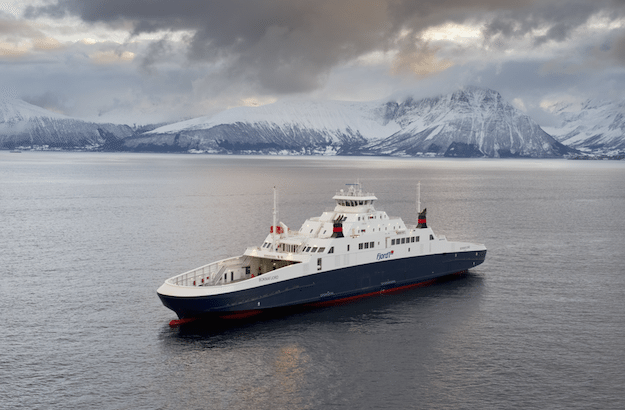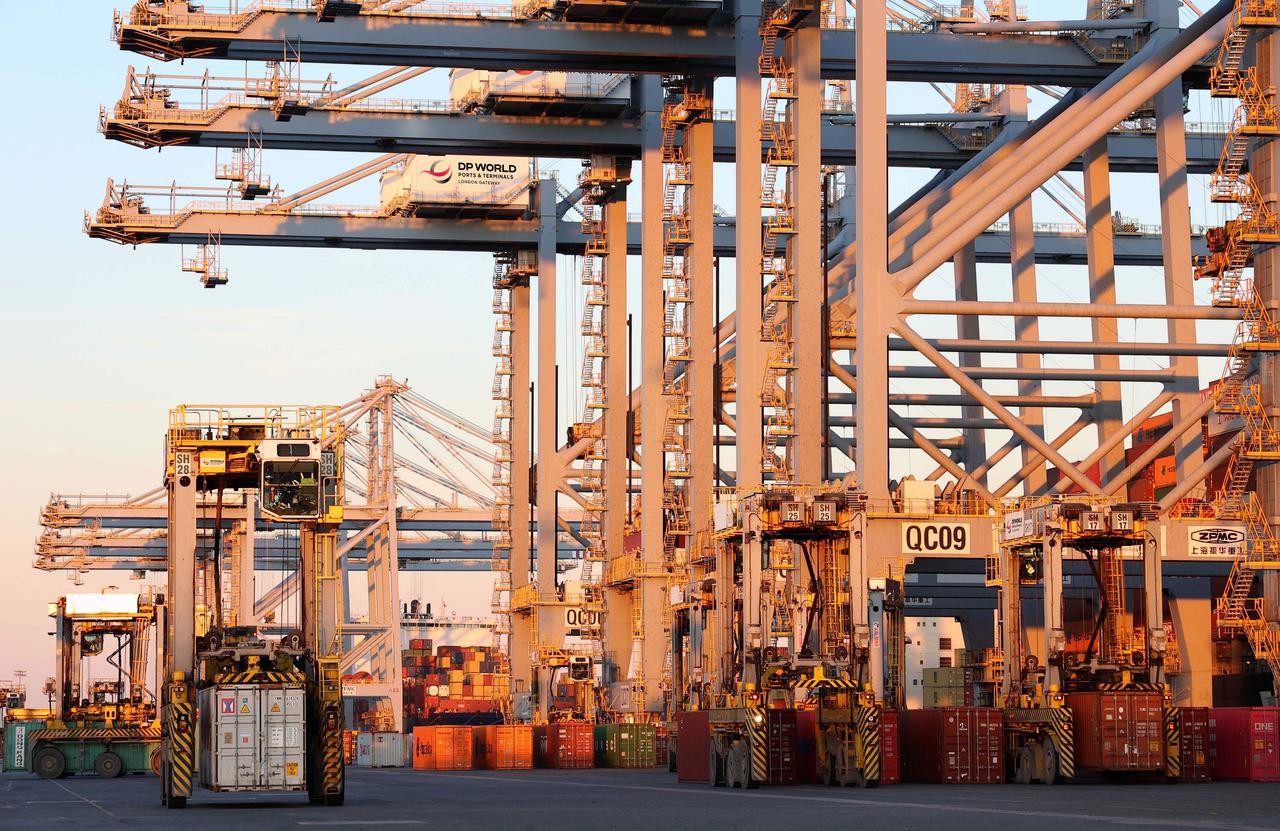By Lars Petter Blikom, DNV
As part of a project to define the future design of container feeder ships for operation in the Baltic Sea, some of my colleagues have done a survey. They posed a set of questions to a range of ship operators in the Baltic Sea area, and some of the results are quite interesting from a LNG perspective. Other results may serve as weekend entertainment.
Some of the top ranking priorities are quite obvious. It would be strange if “operating costs” and “fuel efficiency” didn’t score rather high in a survey like this. Even in the shipping industry, which lives by its own set of economic indicators, this would be strange indeed.
If you are a reader from a different industry you may notice that not all items brought forward appear very futuristic, e.g. “optimal fuel consumption over wide speed range” may sound obvious, but actually most ships are optimised for easy construction, which gives a quite different output.
Not a popular finding among sailors I would guess, but “crew comfort” is among the lowest priorities. Perhaps this indicates that crew comfort is already at luxury level?
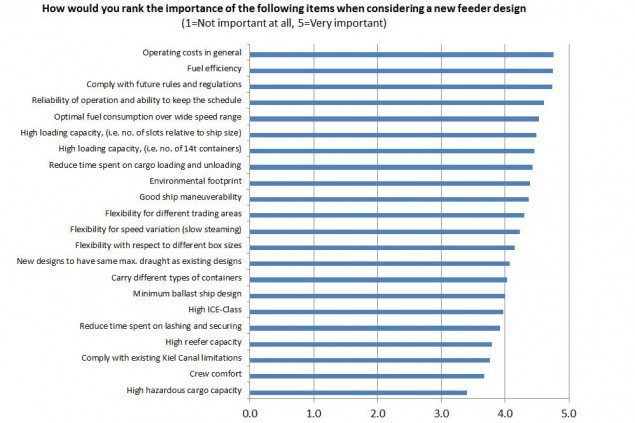
Next, the survey asks the ship operators what future solution they will be more willing to consider. Here it is very encouraging to see the high score for dual fuel engines. Actually, it is a bit surprising; I thought the operators were more sceptics. The study also indicates that they are much more comfortable with “dual fuel” than “pure LNG”. I guess the option to switch back to “normal” makes it easier to dive into the novel solutions. It will be interesting to see how this develops in later surveys when LNG has become more of a business as usual solution.
Container ships don’t want pods. We hear you, dear shipowners.
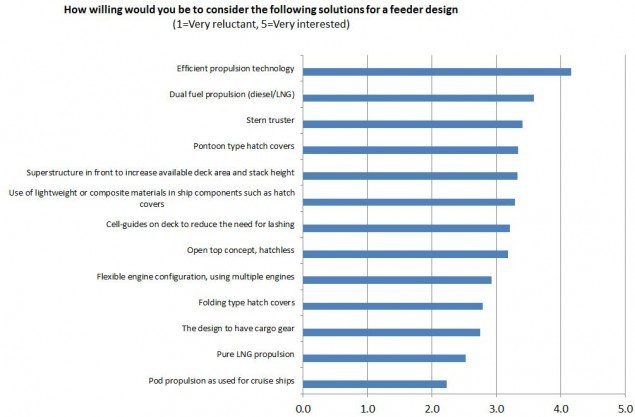
And we conclude with a small contribution to the frustrating task of forecasting future fuel sources: The respondents are quite confident that “LNG will become an important or dominant fuel type for the Baltic trade”. It is good to see that we here at DNV are in tune with our customers.
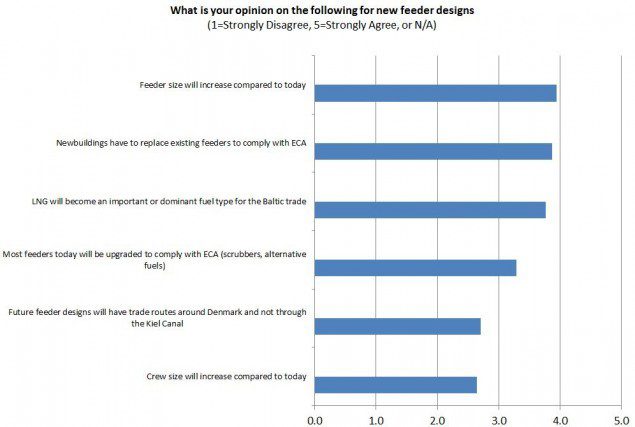
More information and analysis from the survey will be published next week. I’ll be sure to keep you posted.
Enjoy the weekend!
Lars Petter Blikom is Segment Director for Natural Gas at DNV. Lars Petter follows both energy and maritime industries closely. Connect with Lars Petter on LinkedIn Follow Lars Petter on Twitter

 Join The Club
Join The Club



